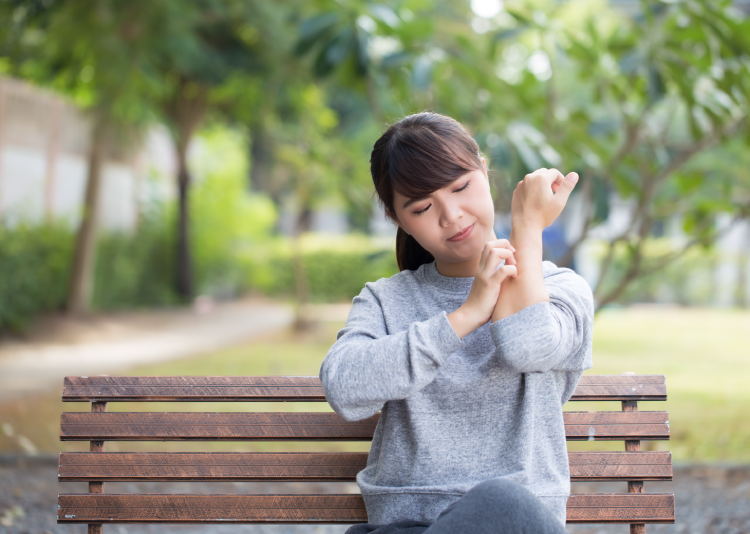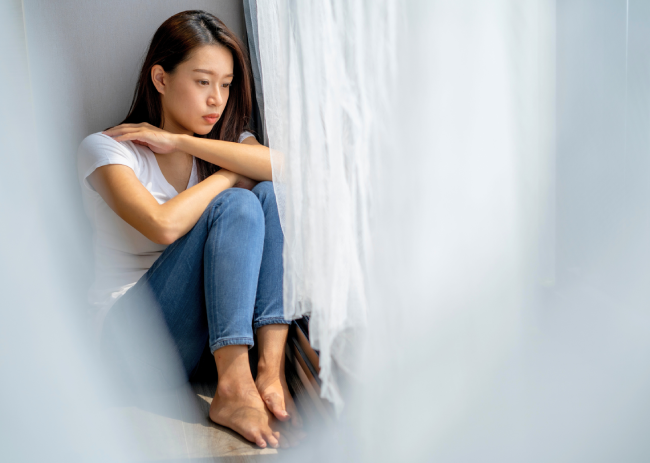Can I Stop Using Creams When I Suffer from Eczema?
Eczema is a condition whereby you’ll have some patches on your skin, and they will feel rough and itchy. There are different types of eczema, and some of them can cause blisters.
There are millions of people in the U.S. who usually suffer from eczema. Most people commonly use the term eczema while referring to a condition known as atopic dermatitis, the most common type of eczema.
There are specific foods that usually trigger Eczema symptoms, and they include dairy and nuts. The environmental triggers are such as fragrances, smoke, soaps, and pollen. You should also know that eczema is not a contagious condition.
Some people usually manage to outgrow the condition; however, others will sustain the condition throughout their adulthood. In this article, the main focus is on whether you can stop using creams if you suffer from eczema. We’ll also look into the symptoms, causes, types, and treatments for the condition.
Symptoms
The symptoms usually vary, and it is all dependent on the person’s age. Eczema can affect infants such that they’ll have scaly and dry patches on their skin. The patches are itchy. If you scratch and rub continuously, you’ll end up sustaining skin infections.
Some of the common Eczema symptoms include:
- Skin flushing
- Scaly and dry skin
- Weeping and open sores
- Itching
Some of the Eczema symptoms usually vary from one person to another, especially among people with darker skin.
If someone has severe eczema, they need to seek medical attention. They’ll be subjected to intensive treatment to ensure the symptoms are relieved.
Some people with eczema usually develop the condition even before they are five years old. A considerable percentage of children with eczema will not have any Eczema symptoms when they reach adolescence age.
People with Eczema experience instances when their symptoms worsen. There are also times when the symptoms will clear up or improve.
The symptoms in adults and children usually vary. Let’s look at everything in detail now.
The Symptoms on Infants
If an infant is suffering from eczema, they’ll experience the following symptoms:
- Rashes on the cheeks
- Rashes that usually cause an itchy feeling and they’ll interfere with your sleep
- Rashes that usually bubble up and produce a leaking fluid afterwards
Symptoms in Children
The following symptoms are common in a child who is above two years or older:
- Rashes present on the wrists, neck, and ankles
- Rashes will appear behind the crease of the knees or elbows
- Rashes will become darker or lighter
- Bumpy rashes
- Skin thickening, which results in an itchy feeling that may be permanent
Symptoms in Adults
The symptoms in adults include:
- Rashes will appear in the creases of your knees or elbows
- The rashes are scalier as compared to the ones in children
- The skin around the affected areas will be extremely dry
- The rashes cover a considerable part of the body
- Skin infections
- The rashes bring about an itchy effect that is permanent
As an adult, if you develop eczema, you need to visit an allergist in New Jersey. Also, adults with eczema will have eye issues and skin that can be irritated easily.
The appearance of a person’s skin with eczema normally depends on whether the affected party usually scratches the affected parts of the skin. The rubbing and scratching will lead to further irritation, and the itching will become worse.
Treatments
Currently, we don’t have a cure for eczema. The treatment options that are available aim at ensuring the affected skin has healed. The treatment will also ensure the symptoms are prevented.
The medics usually recommend specific treatment plans depending on the age of the affected patient, their current state, and the symptoms they’re experiencing.
Some people are forced to live with eczema for the rest of their life. For some people, eczema is a condition that will last for a long time.
Let’s look at different treatment options.
Medication
The medic can prescribe different forms of medication for people with eczema, and they include:
- Topical corticosteroid creams and ointments: this is a medication that usually acts as an anti-inflammatory. It also relieves the major Eczema symptoms, which include itchiness and inflammation. Some people are supposed to apply the cream directly to the skin. There are different types of creams in the market, and the doctor will prescribe the most suitable ones. Some people usually benefit from prescription medications.
- Antibiotics- if you have a bacterial skin infection alongside eczema, the doctor will prescribe antibiotics.
- Barrier Repair Moisturizers- the moisturizers help to reduce water loss while repairing the skin.
The condition cannot be cured. As a result, you should stick to the treatment plan that the doctor has recommended. In this case, if you’re using creams for eczema, you need to continue using them till the condition fades away.
Home Care
There are certain things individuals suffering from eczema can do if they want to support the health of their skin while ensuring the symptoms have faded away, and they include:
- Apply the moisturizer some minutes before taking a bath such that you’ll have locked in the moisture.
- Take a bath using lukewarm water
- Wear soft fabrics
- Moisturize daily
- Use a humidifier in the cold and dry weather
There are different natural remedies for eczema, including coconut oil, aloe vera, and apple cider vinegar.
The Causes of Eczema
The primary cause of this condition is not known; however, some researchers believe that the ailment comes about because of environmental and genetic factors. The children usually develop eczema if the parent has the condition. If both parents have eczema, the risk will be higher.
Final Thoughts
Since eczema can last for a lifetime, you need to ensure that you won’t stop using the creams that the doctor has prescribed. The symptoms also vary from one person to another. If you experience any of the symptoms listed above, you need to ensure that you have sought the necessary medical attention.



